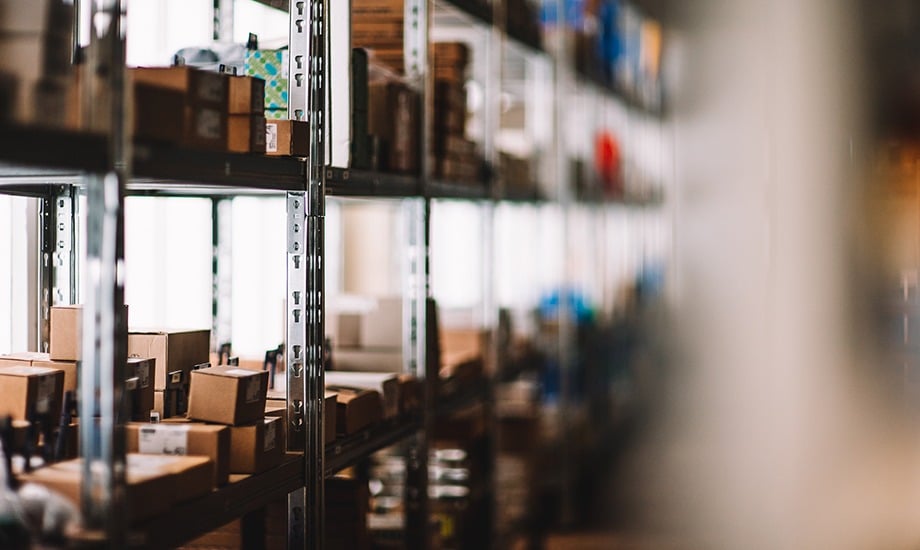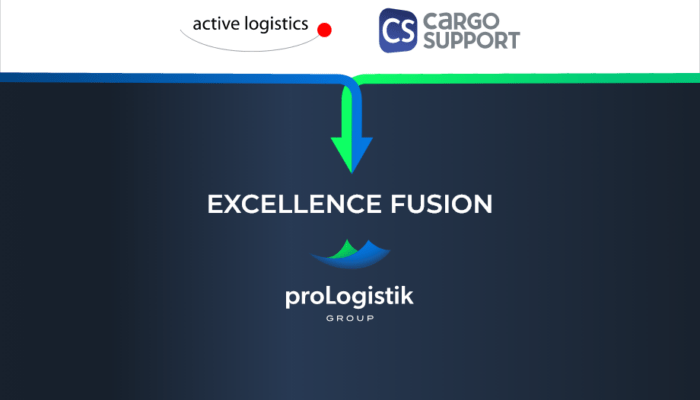AutoStore continues to gain ground. There are good reasons for this. However, the full potential of the system can only be exploited with precisely tailored integration software.
Automated small parts warehouses (AKL) are proven classics in intralogistics. Depending on the requirements profile, operation takes place via storage and retrieval machines (SRMs), shuttles or robots, as with the AutoStore system. The latter move in an aisleless aluminum construction, stack the containers directly on top of each other and make them available just-in-time for order picking. The advantages are therefore practically obvious: in particular, a low space requirement in conjunction with a high storage density as well as flexibility and scalability speak for the robot-supported order fulfillment solution from the Norwegian manufacturer. But the achievable performance in terms of throughput and productivity is also a decisive argument for using AutoStore as an automated small parts warehouse (AS/RS). The option of automated, order-related pre-consolidation is also impressive – even at night if required.
Organize and control automated warehouses efficiently
However, the desired performance potential of AutoStore can only be exploited by using an intelligent warehouse management system (WMS), which integrates the system into the overall warehouse process and controls it on a daily basis using finely tuned storage and retrieval strategies. The pL-Store® WMS from proLogistik, which can be connected to all miniload variants, is precisely tailored to these requirements and enables optimum use of AutoStore or automated small parts warehouses. Online inventory management in real time speeds up processes and, thanks to parallel picking, several orders can be processed at the same time. Possible limitations with negative effects on throughput, pick rate and cost-effectiveness are therefore ruled out.
Focus on the optimum fill level with smart strategies
Important levers are already in the incoming goods department. There, the incoming items are first measured and weighed and then recorded, including this information, by the pL-Store® WMS from proLogistik. Among other things, the data collected is used for an automatically generated volume calculation, which ensures that the goods are ideally distributed across the available containers. This further increases the filling level of the warehouse and improves the efficiency of the storage processes. The necessary replenishment can also be organized automatically so that the storage area of the miniload can be used in the best possible way. The software rejects incorrectly packed containers or overhanging goods and triggers their transfer to an NIO workstation, where employees make the necessary corrections.
Constant flow of goods, time-saving provision included
Containers requested for order picking are transported to the work stations via the autonomous robots or shuttles using the goods-to-person principle. As there are no waiting times, the workers involved in the process are always working at full capacity. pL-Store also determines a sensible sequence for the provision of containers so that orders can be processed efficiently and in a time-saving manner. The WMS therefore makes a decisive contribution to increasing throughput, maintaining it at a consistently high level and reducing internal transport costs. The order and item-related volume calculation also pays off at this point, as the picked goods can be transferred directly into suitable shipping cartons. Subsequent repackaging is no longer necessary, nor is the still frequent “sending of air”, which is increasingly criticized by recipients and customers.



